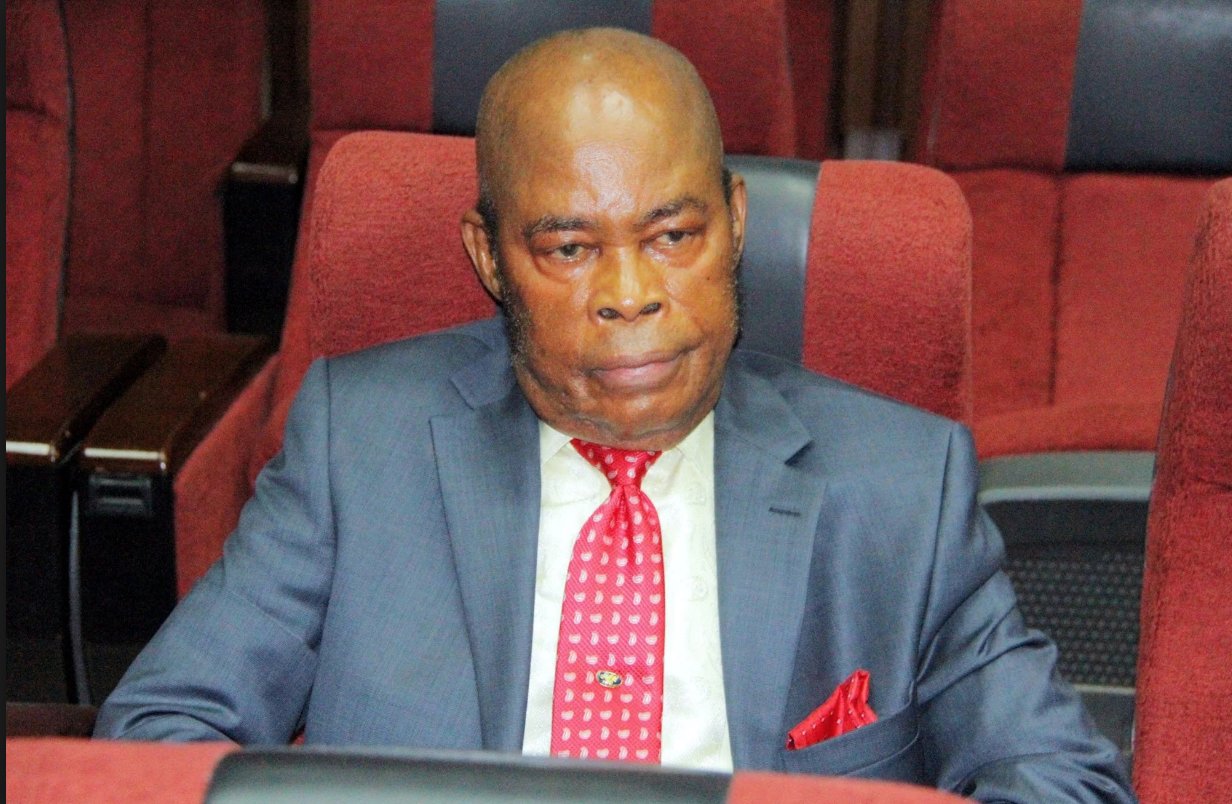The Code of Conduct Tribunal (CCT) has discharged a Supreme Court judge, Justice Sylvester Ngwuta, of charges of non-declaration of assets.
The tribunal Chairman, Danladi Umar, and member, William Atedze Agwadza, in their ruling, agreed with the argument of Justice Ngwuta that as a serving Justice of the Supreme Court, he could not be tried in any court or tribunal except after he had been subjected to the investigatory and disciplinary processes of the National Judicial Council (NJC).
The CCT, in its decision, also relied on the judgment of the Court of Appeal in the case of Justice Hyeladzira Nganjiwa, in which the appellate court held, in a December 2017 judgment, that by virtue of Section 158 of the 1999 Constitution, only the NJC was with the powers to deal try judicial officers for any misconduct while in office.
The tribunal held that a judge could not be prosecuted by any court of tribunal until the NJC deals with the allegations against him/he and takes a decision of either dismissing such a judicial officer or compulsorily retiring him or her.
It consequently quashed the charges against Justice Ngwuta and discharged him.
The tribunal had earlier in the year accused the federal government of delaying the trial of Ngwuta when it pointed out that the prosecution had not been diligent in the handling of the case.
According to the tribunal Chairman, Umar, all the adjournments that the case had suffered since when it was initiated last year had been caused by the prosecution.
The federal government on March 21, 2017, charged Justice Ngwuta on eight counts.
The prosecution accused him of contravening the Code of Conduct Bureau (CCB) and Tribunal Act by allegedly failing to declare some of his assets. He was also accused by the prosecution of possessing 28 plots of land, which he allegedly refused to declare to the CCB between June 2, 2011, and July 19, 2016.
It was also alleged that Ngwuta, within the same period, engaged in the purchase and sale of rice, palm oil and other related products, while being a judge of the Supreme Court.
The federal government also claimed the judge owns five cars, which he allegedly kept away from the CCB.




